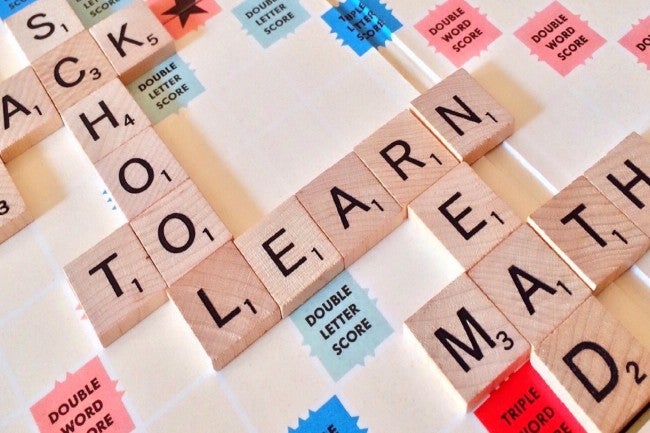
While there have been many setbacks in the education sphere over the past 18 months, there have also been some really encouraging steps forward that we should recognise. Whether that be in education technologies, creating closer school communities or developing a better understanding of the best ways to learn, searching for the optimum environment for children’s learning has not stood still during the pandemic.
Research into evidenced-based ways of teaching is central to this drive forward in the education sphere. One development at the forefront of this is cognitive science which has become an increasingly important part of how teaching is thought about. Cognitive science is, in basic terms, the study of how the brain functions and how it solves the problems it faces on a daily basis. Clearer understandings of this process have a direct impact on the classroom as they lead to techniques being developed to maximise learning processes. Cognitive science is now taught to Early Career Teachers to give them an increased understanding of memory and cognitive load, and OFSTED also draw significantly on cognitive science in their framework. A key goal of education is the ability to transfer previous knowledge to solve new problems and create new learning. Incorporating cognitive science into the classroom can give children these skills.
During the summer the Education Endowment Foundation published a report that showed there has been an increase in the use of cognitive science to inform approaches in the classroom. The EEF’s investigation into whether these approaches are effective found that most of the strategies they reviewed had positively affected rates of learning and retention of information. These strategies used basic cognitive principles; more complex applied principles of cognitive science need a lot more research and careful implementation.

Cognitive science is still a relatively new field of study, especially in relation to practical application, so the expectation of incorporating it into the classroom can seem overwhelming for both experienced and newly qualified teachers. The EEF study found that incorrect implementation of techniques using cognitive principles could be more damaging than not implementing them at all, so it is important that teachers are confident in their aims before they introduce techniques to their class. It is really important to get it right!
GCSEPod have teamed up with Impact Wales who provide professional learning for teachers that focuses on cognitive research. They help schools and teachers to translate research into effective practice in the classroom. Impact Wales have lots of great resources which are really useful in understanding how learning actually happens. Could GCSEPod help you?
GCSEPod is not just for schools, subscriptions are available for individuals, including mature students, home educators, or parents who just want to give their child a helping hand at in their GCSE revision. Data shows students using GCSEPod can achieve 1 additional grade higher in each subject.


